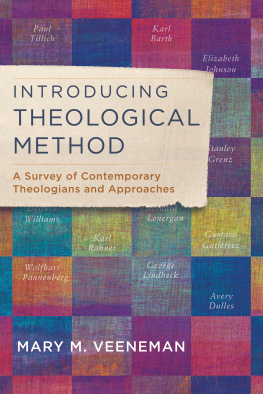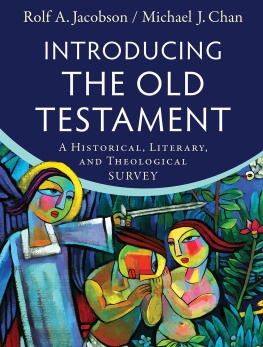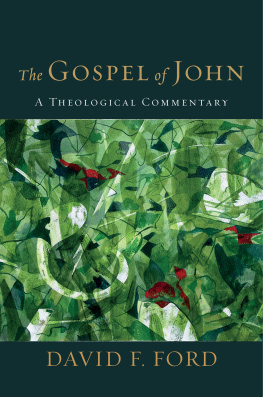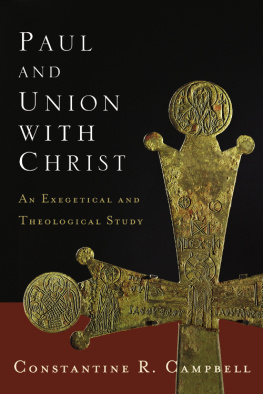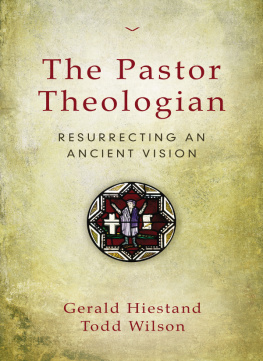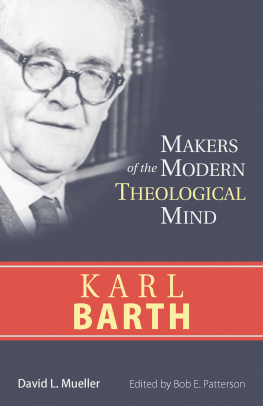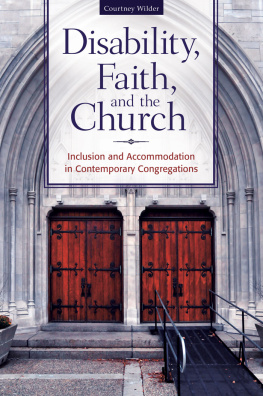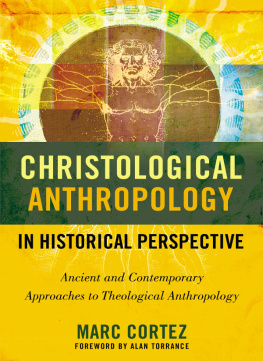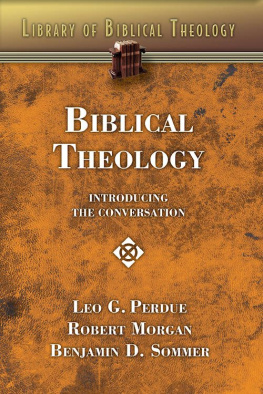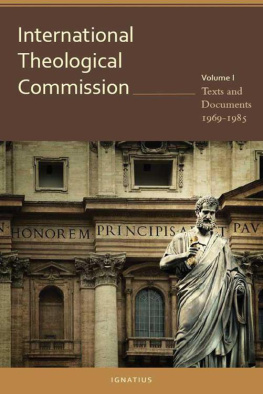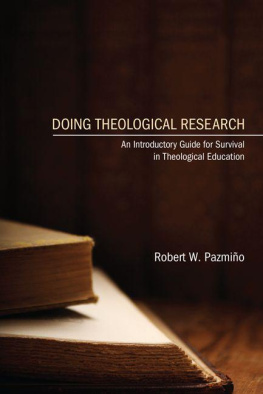1. The Work of Theology
2. Ressourcement and Neo-orthodox Theologies
3. Theologies of Correlation
4. Postliberal Theologies
5. Evangelical Theologies
6. Political Theologies
7. Feminist Theologies
8. Theologies of Religious Pluralism and Comparative Theology
Introduction
The Context of Modern Theology
In the summer of 1914 Europe ignited in war, ending what had generally been a century of peace on the continent. Many have argued that the war was inevitable because of the role of imperialism on the international scene. Regardless of who started the war and who prevailed, World War I marked a turning point in Protestant theology and serves as an illustration of the importance of theological method.
Karl Barth was schooled in Protestant liberalism, the dominant theological school in Germany in the nineteenth century. Among several notable teachers was Adolf von Harnack, who famously argued that the essence of Christianity is the fatherhood of God and the brotherhood of all people. Although during the early stages of his work Barth called himself a disciple of Harnack, World War I was the occasion for a major break between Barth and his teachers.
Albrecht Ritschl, Harnacks teacher, had closely tied Christianity to the culture of the time. Ritschl saw Christianity as primarily emphasizing the work of God in redeeming humanity and the work of human beings to bring about the kingdom of God. As a result, Ritschl (and subsequently Harnacks theology) was very optimistic about what the human being could do. Ritschl assumed that language in Jesuss teachings about the kingdom of God meant the gradual improvement of society over time. Additionally, Ernst Troeltsch, another prominent theologian of the period, argued that Christianity had become part and parcel
If Christianity is simply the religious manifestation of European culture, then Christianity is not in a position to critique culture. The results of this line of thinking were made clear at the advent of World War I. Karl Barths theology would experience a significant shift as a result of this.
At the outbreak of the war, Barths theological teachers were among a number of German intellectuals who signed their support to the Kaisers war effort.
Why tell this story? In a book that covers numerous twentieth-century theologians, why is Barth treated in the introduction? Barths story is important for a discussion of theological method because it clearly shows what is at stake in these kinds of conversations. Theological method is a work of prolegomena. Its work is crucial because it sets the ground rules for how theology is tied to the world around it, what texts are read, and what questions are asked. Protestant liberal thinkers came to the conclusions they did about World War I because of earlier methodological moves and assumptions. When one sees religion as part and parcel of culture, there isnt a clear warrant for religion standing apart from culture. Similarly, the theological moves Barth made came about from his own methodological assumptions. His critique of Protestant liberalism was grounded in a fundamental assumption about the relationships between God, the Word of God, and human beings.
Although the story of Karl Barth and his teachers during World War I is a particularly good illustration of the potential problems with theological method, The way one reads the biblical text is part of any discussion of theological method, as is the way one chooses to prioritize the biblical text in theological work. A flat hermeneutic is one that reads the text for what the words literally say. Typically, this is an approach that does not pay sufficient attention to genre or to historical setting.
An example of this has been highlighted and critiqued by the recent emphasis on the new perspective on Paul, a school of thought that argues that the apostle Paul, particularly in Protestant circles, has been too readily associated with Martin Luther and thus pulled out of his original context. This earlier view results from a flat reading of Paul that associates his statements about the works of the law with Luthers statements about legalism in late medieval Catholicism. The problem with reading Paul through the thought of Martin Luther, this school of thought argues, is that first-century Judaism is read to be quite similar to late medieval Catholicism. A historical study of first century Judaism shows that the comparison between it and late medieval Catholicism breaks down and is thus not particularly helpful for interpreting Paul.
Like the story of Barth and Protestant liberalism, the new perspective on Paul illustrates that the way theological method is approached is of crucial importance. The way in which one thinks about the roles of various theological sources, including the biblical text and the Christian tradition, as well as the types of questions to bring to the table, will have an impact on ones theology.
Theological method matters because it drives how theological questions are asked and the ways in which texts are read. How those things are carried out will have a direct impact on ones theological conclusions. A theology that starts with the idea of God and the Word of God is going to say quite different things from a theology that starts with human cultural experience.
Readers should be particularly attentive to the following methodological concerns:
- What are the primary sources for theological reflection? Some theologians will argue that the biblical text alone should inform theological work. Others will argue that creation itself or philosophy and the natural and social sciences are important sources for theological work. Some theologians will argue that the Christian tradition should inform theological work, while others will advocate a theology that explicitly avoids a consideration of the tradition.
- What questions should a theologian answer? Some theologians argue for a standard set of questions, while others argue that the questions should arise from the contemporary context.
- What is the starting point of theological work? For example, some of the theologians studied in this text will be very concerned with the contemporary situation in specific contexts, while others will look to universal human experience. Other theologians will argue that God or the biblical text, apart from human context, must be the starting point for theological reflection.

